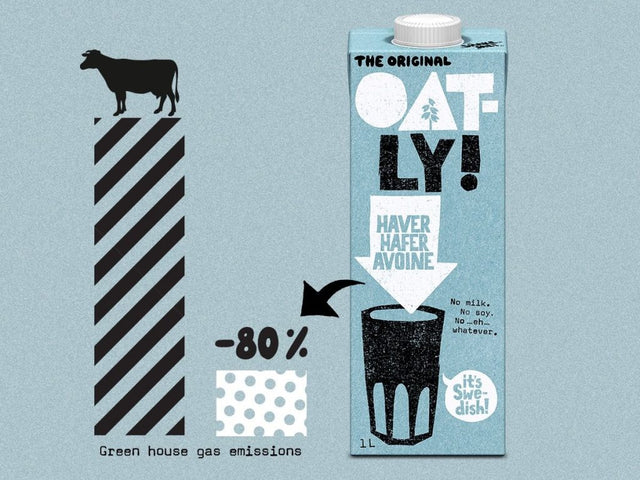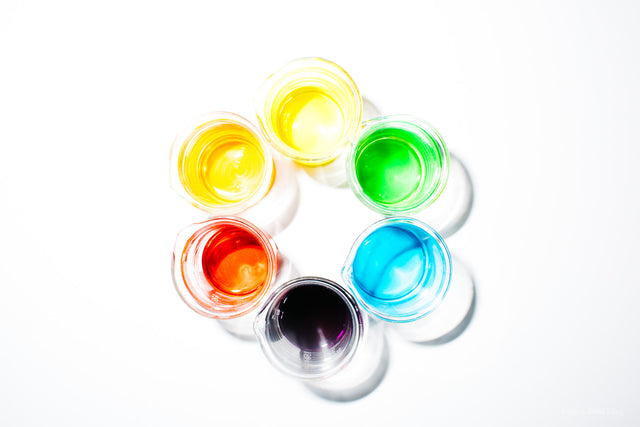You’ve probably heard some buzz about Vitamin D. You probably know you’re supposed to take it but you’re a little fuzzy on the details like why vitamin d is important and how much vitamin d you need? Well, lucky for you, I can answer the following questions for you and make it all very easy to understand
- What Vitamin D Deficiency Could Mean for You
- What Your Vitamin D Levels are Supposed to Be and How to Check Them
- How To Increase Vitamin D Levels
What Vitamin D Deficiency Could Mean for You
Vitamin D, technically a pro-hormone that our body converts into a hormone, influences a multitude of the bodies processes. Almost every cell in our bodies have a Vitamin D receptors (little places one the cell that vitamin D can latch onto and then interact with the cell) which means every cell in our body is affected by the amount of vitamin D available to bind or not bind to those receptors. Sounds important right? It is! Vitamin D plays a pivotal role in immune function, regulating cellular growth, how your nervous and muscular system work, your bone health, and many other processes. We’re honestly learning more and more about this every day!
So, what Vitamin D deficiency cause? This is NOT an all-inclusive list but here are a few of the most pressing concerns associated with low vitamin D levels
- Increased risk of heart attack
- Increased risk of several different cancers
- Increased risk of auto-immune disease
- Increased risk of asthma
- Increased risk of diabetes
Additionally, a study found that there was a 26% increased rate of mortality (i.e. death) in those with low vitamin d levels. Yikes.
Again, that’s definitely not an exhaustive list. In my years of treating people with low vitamin D, many cited decreased joint pain and better mood with higher levels/supplementation. Like I said, we’re still learning about its effects on the body! But, all the research and evidence certainly supports maintaining a healthy vitamin D level as a very good thing for your health. Which leads us to…
How Much Vitamin D Do You Need?
So, this is debatable and it certainly is debated online! Some sources cite a blood level of 25-hydroxyvitamin D (25(OH)D
(vitamin D as it appears in our blood) as low as 12.5 ng/mL as acceptable while others say it needs to be at least around 50. Some even suggest between 60 and 90. So what’s the right answer? I honestly think that it depends on the person. Like almost everything in life, we all have our unique needs and our Vitamin D level is no different. I have found that some people feel amazing with a level of 30 and then some notice an improvement in joint pain, mood, etc. at levels around 60-70. Most honestly never feel any different. So, what’s a good general range of Vitamin D if you find that you are in the majority “I don’t feel any different.”

The general consensus is that 25(OH)D less than 25 mg/ml is considered low, 25-35 mg/ml is borderline, 35-60 ng/ml is optimal, 60-70 ng/ml is borderline high, 70-90 ng/ml is high and anything over 90 is considered toxic levels.
However, there’s some research that suggests that those numbers may not reflect everyone’s needs. Those of African American descent or with darker skin tones, who have evolved to tolerate more sun exposure via more protective melanin in their skin, therefore, producing less Vitamin D, may not need their 25(OH)D as those of Caucasian descent or with lighter skin tones.
Also, there is some new research and theory regarding parathyroid (PTH) levels and 25(OH)D. Chris Masterjohn Ph.D. suggests that, "If PTH is above 30 pg/ml and vitamin D levels are low or borderline low, they’re deficient in Vitamin D. However, if the PTH is less than 25-30 pg/ml and Vitamin D is in a normal range or even if its low, this indicates that they are NOT deficient in Vitamin D."
So, in a perfect world, you would get your PTH and your 25(OH)D checked to determine if you’re in need of supplementation. You can definitely ask your provider at your next visit but be forewarned, they may not be aware of the evolving studies/links with PTH levels and Vitamin D.
Another option is to order your own tests here: https://www.accesalabs.com Use code Vanessa for a discount!
How To Increase Vitamin D Levels: Supplement
So, what do you do if you find that your levels are low or borderline? Well, in a perfect world, you start exposing yourself to the sun for roughly 15-30 minutes. You don’t want a burn so time it so the time you’re out in the sun is about half the amount of time it takes you to get a slight sunburn.
If you don’t have the time or your situation just won’t allow for regular sun exposure, then we need to think about supplementation. When shopping for a Vitamin D, look for Vitamin D3, not Vitamin D2. The latter form is a plant-derived variation and it just doesn’t function in the body as well or work to increase your 25(OH)D very well. Vitamin D3 is absorbed about five hundred times faster, is 87% more effective in raising vitamin D levels, has a longer shelf life, and is more bioavailable.
RELATED ARTICLE Vitamin D3 Vs. Vitamin D2
Then, make sure you’re taking enough Vitamin D3 to make a dent. A lot of people will say they’re taking Vitamin D and when I probe further, they are just taking what’s in their multi-vitamin which is typically less than 400 IU/day. You’ll likely need between 1500-10,000 IU daily to get your 25(OH)D levels up to a normal level and then you’ll need a lower maintenance dose.

I would suggest Swolverine's Vitamin D3, as it has 375% the RDA.
RECOMMENDED PRODUCT Vitamin D3 (1500 IU, 100 Servings)
Additionally, you’ll need to be sure you’re pairing your Vitamin D3 supplementation with adequate micronutrient and vitamin intake. Preferably you’d take a Krill Oil supplement for additional Vitamin A and a little more Vitamin D, eat butter or ghee for Vitamin K, eat foods high in potassium like potatoes, avocados, bananas, and plantains, and consider taking a magnesium supplement, and a multivitamin. All of those things will protect you from Vitamin D toxicity and help your body function optimally.
Swolverine has a great Magnesium supplement ZMT which has 100% of your RDI as well as a great Multivitamin that has all the essential vitamins and minerals you need on a daily basis.
However, I would advise to follow-up your supplementation regimen with additional blood testing every 3-4 months initially until you find an optimal sun exposure/supplementation routine that elevates your 25(OH)D levels to an optimal range. I would then recheck every 6 months and make adjustments as needed.
Looking for a great Vitamin D3 supplement to help you meet your levels?
SWOLVERINE's VITAMIN D3 tablets 100 servings of 1500 IU and are metabolized in the body to assist in healthy immune system function, regulating glucose tolerance and blood pressure, while also optimizing bone and muscle tissue health.
ABOUT THE AUTHOR

References:
- H.A., Bischoff-Ferrari. Deptartment of Rheumatology, Institute of Physical Medicine, University Hospital Zurich, Zurich, Switzerland, "Optimal serum 25-hydroxyvitamin D levels for multiple health outcomes." Last modified 2008. Accessed April 1, 2013.
- G. Bjelakovic, et al., Vitamin D Supplementation for Prevention of Mortality in Adults, The Cochrane Database of Systematic Reviews, July 6, 2011: (7); CD007470, G.
- Dr. John Cannell, Meta-analysis Looks at Efficacy of D2 vs D3, Vitamin D Council, November 16, 2011.
- Robert P. Heaney, et al., Vitamin D3 Is More Potent Than Vitamin D2 in Humans, The Journal of Clinical Endocrinology and Metabolism, March 1, 2011: 96 (3); E447-E452.














